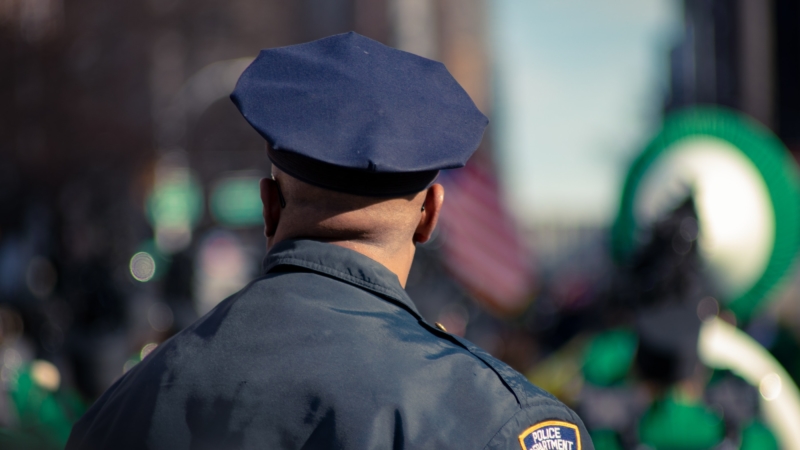While tragic, school shootings aren’t as common as claimed
(The Center Square) – In the wake of the Robb Elementary School mass shooting, many are claiming that school shootings in the U.S. are widespread. Two organizations refute this claim, arguing they are exceedingly rare.
“School shootings are so rare that in the United States in 2021 there was one school-shooting death for every twenty-three million Americans,” Ryan McMaken at the Mises Institute reports. “By comparison, approximately one in 350,000 Americans drown each year.”
McMaken, editor at Mises Wire, says, “Our children are far, far more likely to be killed in an automobile accident than in a school shooting,” but “no one in Washington is talking about highway deaths.
“School shootings are a tiny subset of homicides which are themselves not exactly a leading cause of death in the United States,” he added.
In 2019, there were roughly 16,700 homicides in the U.S., a rate of five victims per 100,000 people. By comparison, more than 100,000 Americans die of diabetes every year, he notes.
Of the 16,700 homicides in 2019, 17 were victims of shootings at K–12 schools, or 0.1 percent of all homicides. School-shooting deaths also occurred at a rate of 0.005 per 100,000 Americans.
In recent history, the most deadly years for school shootings were in 2018 and 2012. In 2018, there were 39 victims killed at schools, in 2012, 26 were killed.
“The data suggests policy makers should be far more concerned about children dying due to drunk-driving incidents, car accidents in general, suicide, drowning, cancer, or child abuse,” McMaken said.
According to a Crime Prevention Research Center report, “schools that allow teachers to carry guns are extremely safe.” As of 2019, 20 states allow teachers and staff to carry guns to varying degrees on school property.
“There has yet to be a single case of someone being wounded or killed from a shooting, let alone a mass public shooting, between 6 a.m. and midnight at a school that lets teachers carry guns,” the report states. “Fears of teachers carrying guns in terms of such problems as students obtaining teachers guns have not occurred at all, and there was only one accidental discharge outside of school hours with no one was really harmed.
“While there have not been any problems at schools with armed teachers, the number of people killed at other schools has increased significantly – doubling between 2001 and 2008 versus 2009 and 2018,” the report points out.
Texas, being one of these states, has a School Marshall Program. The Texas Legislature created the program in 2013 after the Sandy Hook Elementary School shooting in 2012. The bill was signed into law by then-Gov. Rick Perry. Initially, it allowed public school districts and open enrollment charter schools to appoint school marshals. In the next two legislative sessions, bills signed into law by Gov. Greg Abbott expanded to include public two-year junior colleges and private schools in the list of institutions that can appoint school marshals.
“The sole purpose of a School Marshal is to prevent the act of murder or serious bodily injury on school premises, and act only as defined by the written regulations adopted by the School Board/Governing Body,” according to the Texas Commission of Law Enforcement.
Bosque County Sheriff Trace Hendricks has already called for schools to begin the process to implementing the program in his county. He is also offering assistance to help them do so.
“It is time to take aggressive and deliberate steps toward the enhancement of our security measures in order to better protect the lives our students and faculty,” he said in an open letter he published and sent to the heads of the school districts and school boards. “We must insure that our schools and the lives of our loved ones are as safe and secure as possible and that none are designated as a ‘soft target.’”




